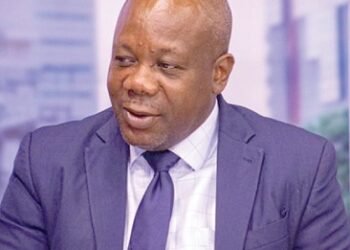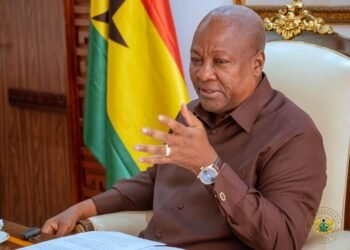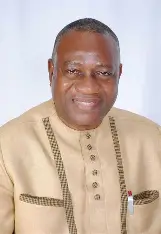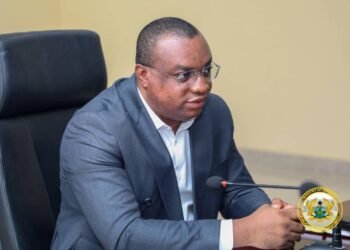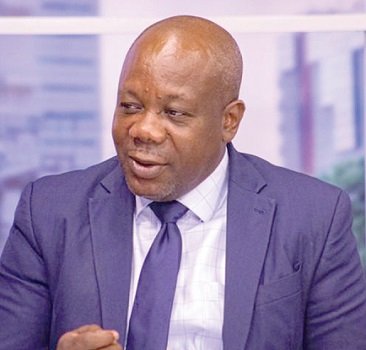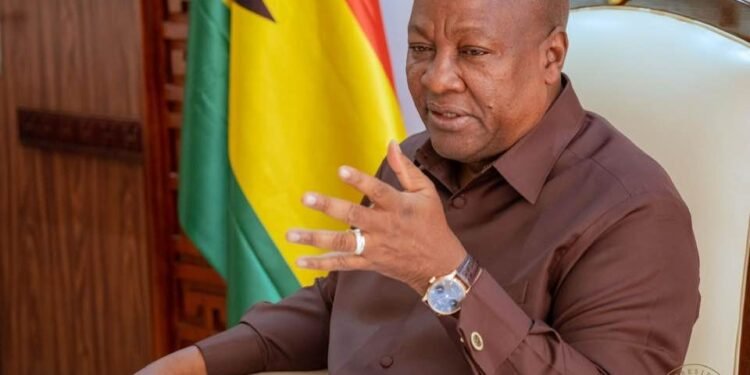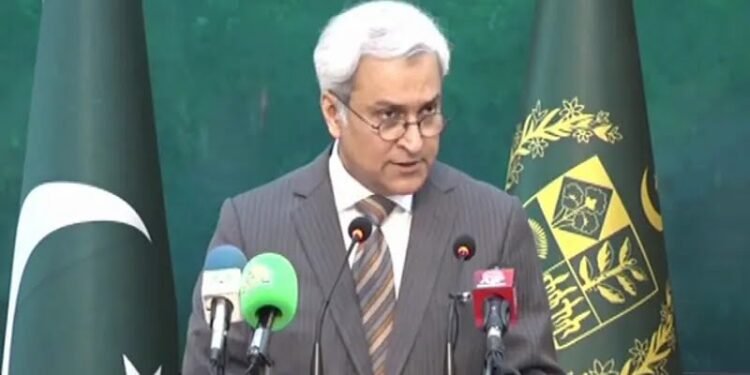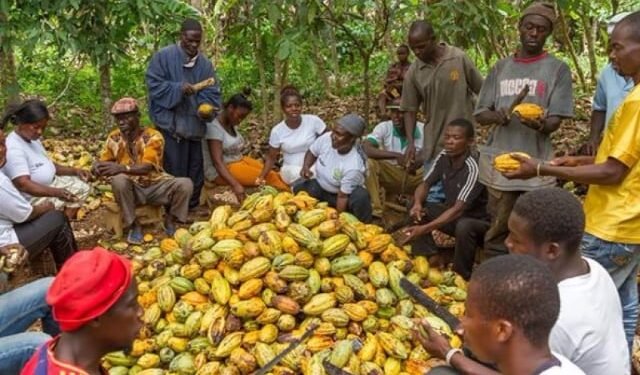Lecturer of Political Science at the University of Ghana, Dr. Kwame Asah Asante has described the controversy surrounding the resignation of the Majority Leader in Parliament as ‘much ado about nothing’. He argued that if the New Patriotic Party handles issues regarding its recent reshuffle properly it will have no adverse effect on its performance at the 2024 December polls.
Dr. Kwame Asah Asante however indicated that a party caucus does not exist without a party. He asserted that decisions on who leads the Majority Caucus should be decided by both the Members of Parliament who constitute the caucus and the party (NPP).
“Anything can happen as far as this decision is concerned. Sometimes you are likely to have a situation that can divide the party and then create problems for the party ahead of the 2024 election; there is no doubt about that. Sometimes it is possible that yes, they will be able to weather the storm and make sure that they bring everybody in line”.
Dr. Kwame Asah Asante
Accordingly, Dr. Kwame Asah Asante advised the NPP to be cautious in handling the controversies surrounding its recent parliamentary reshuffle. He emphasized that given the potent tension within the NPP due to the cabinet reshuffling and the parliamentary primary elections, it is important that the NPP does not take any actions that will further polarize the party.
The Political Scientist also stated that the Speaker of Parliament, Mr. Alban S.K Bagbin, was right to have indicated that both the Old and New Standing Orders of parliament regarding the selection of caucus leaders have similar interpretations. He however stated the members of caucus, and not just the party, must have a say in who becomes a caucus leader.
He further argued that the caucus is a wing of the party and cannot exist without a party or parties, hence a party or group of parties cannot be excluded entirely from the selection of a caucus leader either.
Subsequently, Dr. Asah Asante indicated that the reshuffle conducted by the National Democratic Congress (NDC) in the minority caucus did not generate as much controversy as the NPP’s reshuffle did because the new Standing Order (5) of Parliament had not been invoked at the time the NDC made its reshuffling.
The Need For A Standard Interpretation
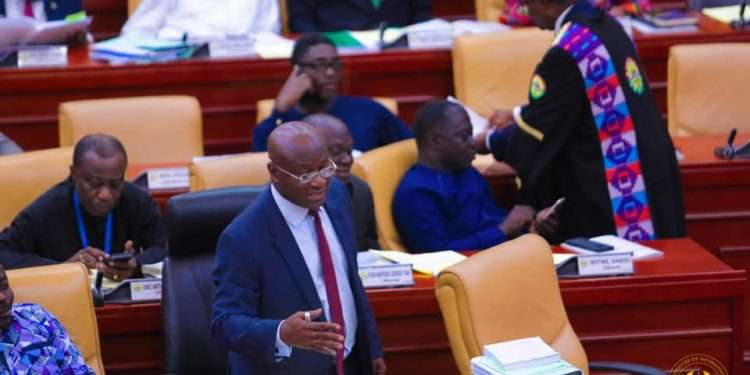
Dr. Asah Asante advised that the Members of Parliament put the interpretation of the New Standing Order (5) that resonates with them in formal writing so it is binding, “otherwise, mere words will hold no value in their arguments“.
Moreover, Dr. Asah Asante is of the view that the new Standing Order (5), may lead to confusion between parties and their wings in parliament if its interpretation is not agreed on by both entities from the onset. He stressed that both party and caucus may find themselves in a power headlock regarding which entity selects the caucus leader if a consensus is not reached.
Also speaking on the issue, Mr. Sammy Obeng, Executive Director of the Parliamentary Network Africa (PNAfrica),, stated that the Speaker of Parliament’s interpretation of the new Standing Order (5), according to Ghana’s constitution, is the accepted interpretation unless a Member of Parliament debates it.
However, Mr. Sammy Obeng stated that he disagrees with the Speaker of Parliament because the Members of Parliament in a caucus must be the entity to decide who their leader must be stressing that a leader must not be imposed on the caucus by the party.
“If in our next parliament, just hypothetical, the NPP has 100 seats, the CPP has 50 seats and both join in to make the majority causes, which party should make that decision? It is the caucus…even if you have some of the practical examples that have come into play, let’s say that only two or three or four or five of PNC and CPP members…join whichever party to make up the majority, are you telling me that those members of parliament should not be consulted in taking leadership?”
Mr. Saammy Obeng
Agreeing with Dr. Kwame Asah Asante, Mr. Sammy Obeng stated that, “the tidiest way around this is to have some consensus between parties and members of parliament in the caucuses“.
In conclusion, the resignation of the Majority Leader in Parliament has led many to believe that there are internal cracks within the NPP that may adversely affect the party in the December elections. The NPP however continues to assure its supporters and the general public of its internal harmony and its readiness to retain power come December 2024 election.
READ ALSO: Kyei-Mensah-Bonsu’s Resignation And The Central Region’s Ascendancy




